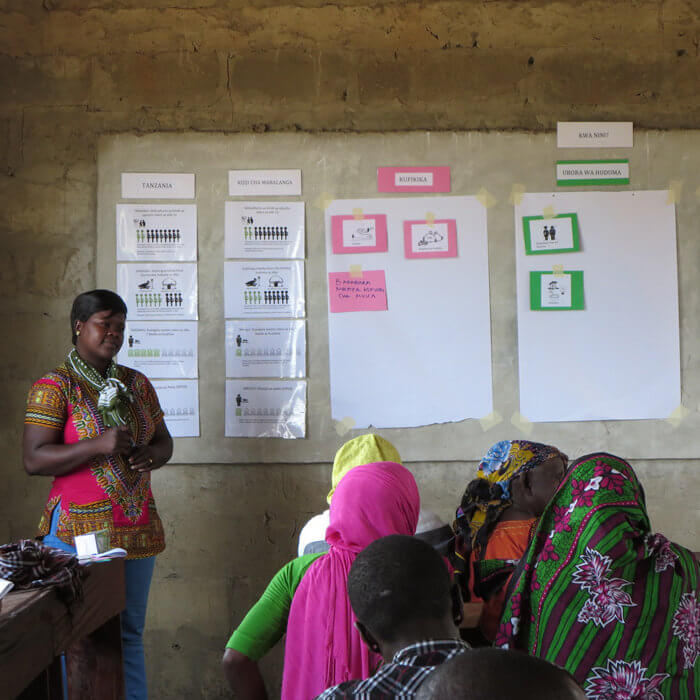The Challenge
Organizations in the field of fiscal governance carry out diverse work – including research, capacity building, and advocacy – that contributes to essential outcomes like greater fiscal and economic openness, accountability and equity. However, the tools and indicators that could be used to measure progress by organizations doing this important work have lagged behind. While macro-level fiscal governance indicators exist, few vetted approaches exist that organizations can use to systematically track the outcomes of their individual work, particularly around short- and medium-term change and progress along the pathway toward macro-level change. As a consequence, organizations working in fiscal governance are attempting to both identify and develop successful proxy measures – a lengthy and expensive process which many organizations can’t and shouldn’t undertake alone.
The Opportunity
Working closely with leading organizations and donors and leveraging its governance experience and monitoring and evaluation expertise, R4D is endeavoring to design new fiscal governance indicators focused on measuring performance of organizational activities and programs. Developing and disseminating a suite of accessible indicators that organizations can use to measure the outcomes of their work has the potential to improve assessment and learning and to enable greater collective impact in the field.
Our Work
This work is taking place over several phases. During our first phase (2018-2020), R4D carried out background research to map existing indicators, their strengths, and weaknesses, and identified priority outcome areas for indicator development. In close consultation with practitioners and technical advisors in the field, our team developed and revised high-priority toolkits and guidance for their use to fill some critical gaps in fiscal governance measurement.
In our second phase (2021-2023), we have further revised indicators and support materials and will be piloting these with partners. Based on findings from the formative research conducted at the beginning of our second phase, R4D identified key MEL challenges faced by fiscal governance and social justice organizations that go beyond measurement and indicators. In addition to piloting the new tools, we will be hosting roundtable sessions to formulate strategies to respond to these challenges.
Resources
We will be updating this Learning site with learnings, recommendations, and resources developed during both phases of this project.














